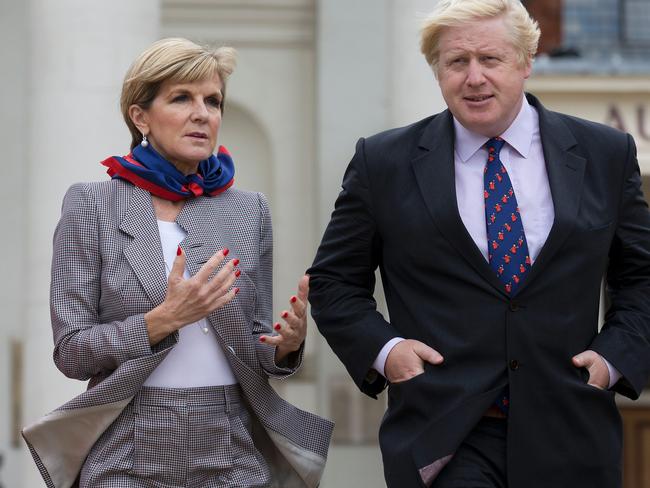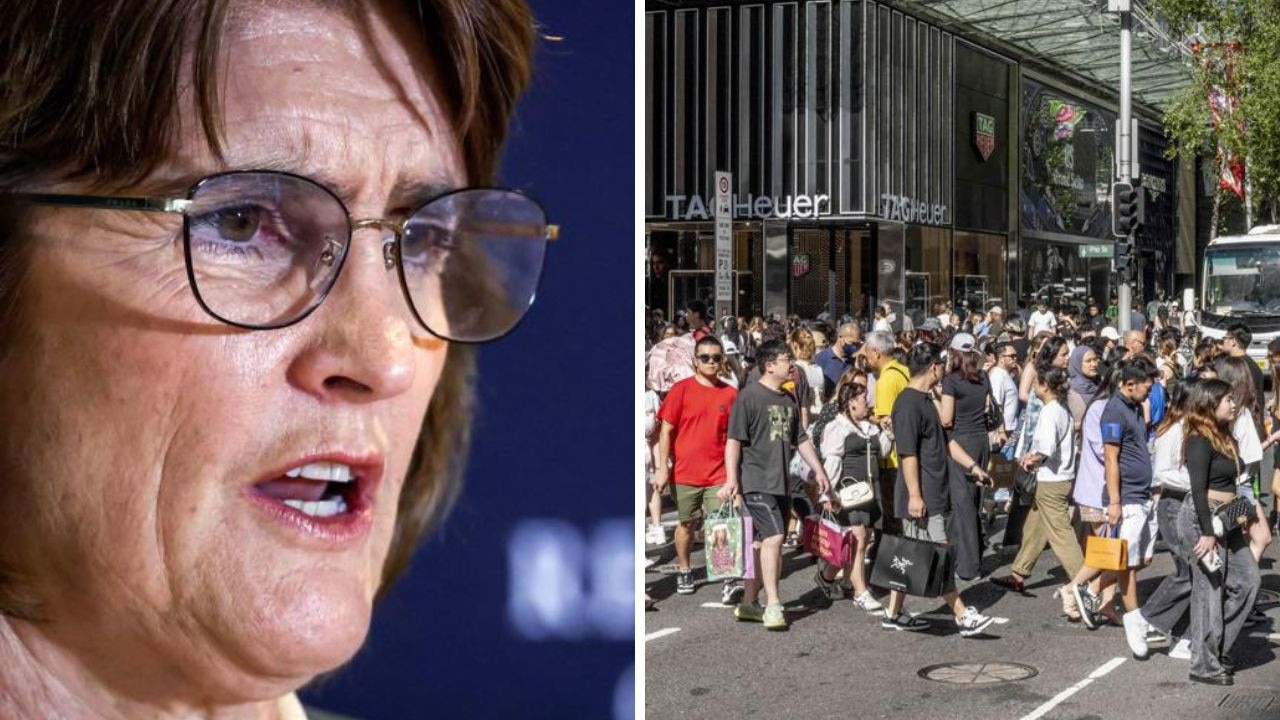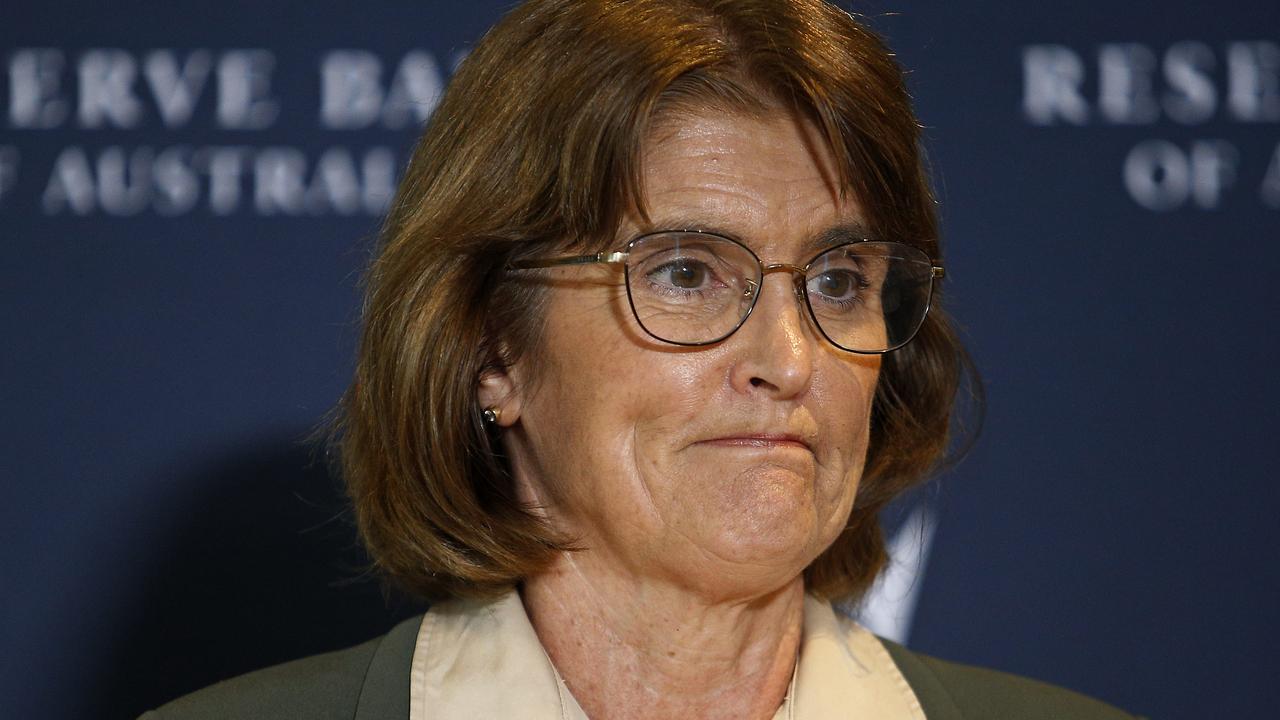Visa access to UK could be part of free-trade agreement, Foreign Minister says
AUSTRALIANS may find it easier to travel, live and work in the UK following free trade negotiations that could put visas on the table, Julie Bishop has said.

AUSTRALIANS may find it easier to travel, live and work in the UK following free trade negotiations that could put visas on the table, Foreign Minister Julie Bishop said in London.
Speaking at the conclusion of the AUKMIN talks, Ms Bishop said the ability to work, travel and study in the UK and vice versa is an essential part of such a close relationship.
“Should we be in a position to conclude a free-trade agreement after Brexit well then obviously [improved access] can be the subject of a free-trade agreement.”
“It’s something we were able to achieve with the United States and I certainly look forward to increasing the number of business visas, student visas, work visas, between Australia and the UK.
“Australia is a significant investor in London in particular and the UK is a significant investor in Australia so we have an interest in ensuring that this relationship endures and that’s one way that it will do so.”
More than 160,000 people have signed a petition calling for freedom of movement between the UK, Australia, Canada and New Zealand with a UK organisation dedicated to the cause.
But despite the close historical ties the number of Australians living and working in the UK has fallen by 40 per cent since 2008 under restrictions aimed at capping net migration.
UK Foreign Secretary Boris Johnson has previously been a champion of Australians in the UK and described such restrictions as “peculiar”.
Now installed as Foreign Secretary following the Brexit vote, Mr Johnson said “of course” he would continue to campaign for a relaxation of rules while the UK works out its exit from the EU.
“It would be a fantastic thing if we had a more sensible system,” he said. “You’ll remember the difficulties we had in recruiting paramedics …. so this is something where I think we can make progress and I’m confident that we will.”

The flaxen-haired foreign secretary praised the “almost glutinous harmony” between the two countries during talks this week covering trade, immigration, defence and foreign affairs.
“At the risk of pomposity, our two countries, I think, do represent values, freedom, democracy, an attachment to civil society, a belief in equalities that are not necessarily universally accepted and perhaps are more contested in parts of the world than they were even 20 years ago,” he said.
Defence Ministers Michael Fallon and Marise Payne also outlined their joint commitment to co-operation in military theatres around the world and a strengthening of the “Five Eyes” intelligence sharing arrangement between Australia, New Zealand, the US, UK and Canada.
The ministers urged respect for international law in North Korea, Russia and the South China Sea where disputes threaten the “international rules-based system”.
Amid reports of nuclear testing in North Korea, they condemned the “chronic problem” and urged China to do more to help.
“There is only one country in the world that really has an influence on North Korea and that is in fact China so we very much hope that the Chinese will use their good officers to get over to the North Koreans that this cannot go on,” Mr Johnson said.
On the downing of passenger plane MH17 that killed 38 Australians, Ms Bishop said she “will not be deterred” by Russia’s use of a Security Council veto to prevent the perpetrators being held accountable.
“There are a number of mechanisms available internationally and domestically to pursue the perpetrators of such an incident,” she said.
“We will not rest until we have pursued every option available to us to ensure that the families and loved ones of those who died have received justice.”




